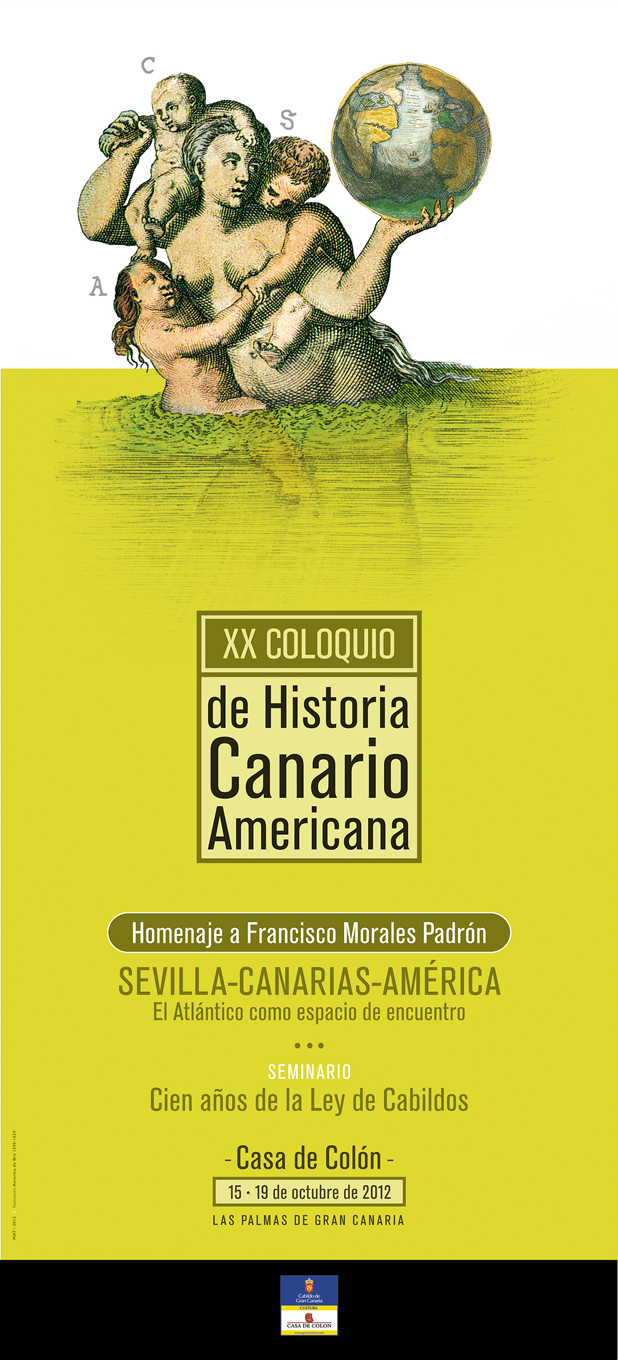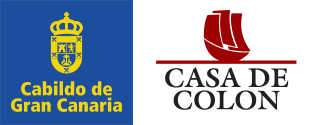El Movimiento Obrero en Colombia durante la primera mitad del siglo XX. Aproximaciones a un balance historiográfico / The Labor Movement in Colombia during the first half of the XX Century. Approximations to a historyographic balance
Palabras clave:
movimientos sociales, movimiento obrero, sindicalismo, acción colectiva, social movements, labor movement, unionism, collective actionResumen
El objetivo de este texto es hacer una pequeñareflexión sobre el origen y permanencia delmovimiento obrero en Colombia, el tema de por sí espolémico, no podemos precisar con exactitud susorígenes y aunque se ha avanzado en su análisis aúnhay muchos vacíos historiográficos sobre laconformación, permanencia, formas de protesta,articulación con otros movimientos sociales,incidencia en el contexto regional y local. Esto paraseñalar solamente algunas de las preguntas que mesugiere esta temática.Con relación al surgimiento de los movimientosobreros a comienzos del siglo XX, se asocian con laexpansión de la producción cafetera, que demandómano de obra que debía ser contratada para satisfacerestas necesidades, por ende estos trabajadores seconvertían en el núcleo del movimiento obrero(Charles Berquist). Según Miguel Urrutia, elmovimiento obrero está ligado al proceso deindustrialización, el que tuvo mayor desarrollo con elgobierno del General Rafael Reyes, quien utilizó losmecanismos del Estado para implantar elproteccionismo aduanero que hiciera posible lacreación de incentivos como mecanismo destinado aorientar los ahorros del país hacia la industrialización,así emergieron una serie de empresas que demandaronmano de obra, de esta forma se asocia el origen delmovimiento obrero con el proceso de industrialización.
The main goal of this text is to describe a briefreflection about the origin and permanence of the labormovement in Colombia, the topic is by itself polemic,we can not state precisely its origins, despite of havingsome advances on its analysis there is still lots ofempty history-graphic gaps about its conformation,permanence, ways of protest, articulation with othersocial movements, influence in the regional and localcontext. This previous ideas are just to state somequestions which the topic suggests.Related to the coming up of the labor movements atthe beginning of the XX century, are associated to theexpansion of the coffee plantation production, whichdemanded labor force that had to be hired in order tosatisfy this necessities, therefore, those workmenbecame the core of the labor movement(CharlesBerquist). According to Miguel Urrutia, the labormovement is linked to the industrialization process, theone that had a high development with the GeneralRafael Reyes’ government, who used the statemechanisms to implant the customs protectionismwhich would make possible the creation of incentiveawards as a mechanism destined to aim the savings ofthe country towards the industrialization process, inthis way, a set of companies emerged to demand laborforce, in this way the origin of the labor movement islinked to the industrialization process.




